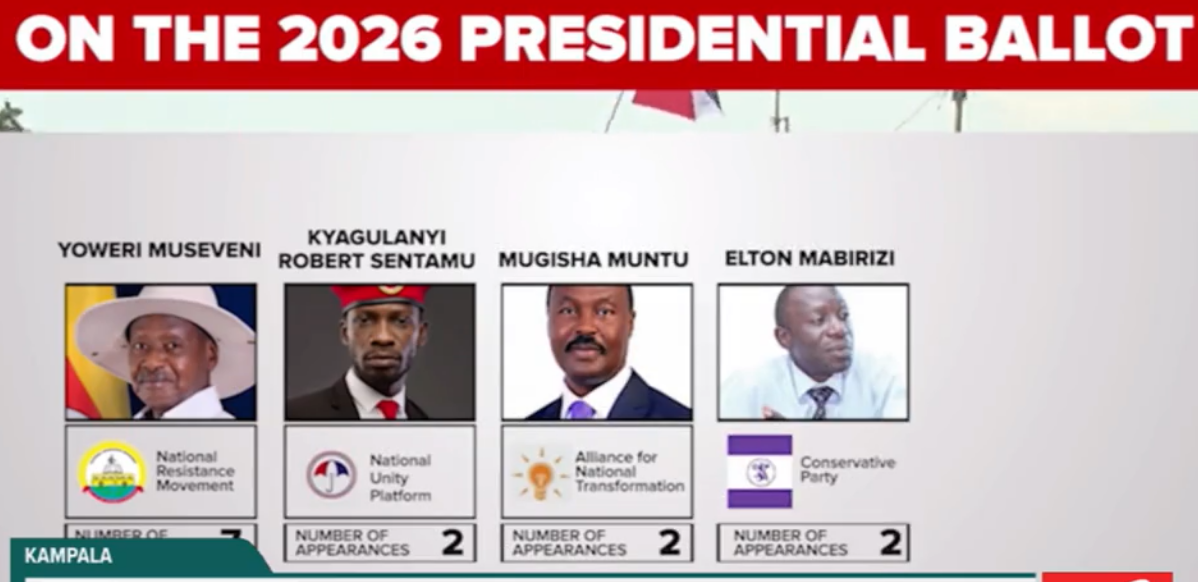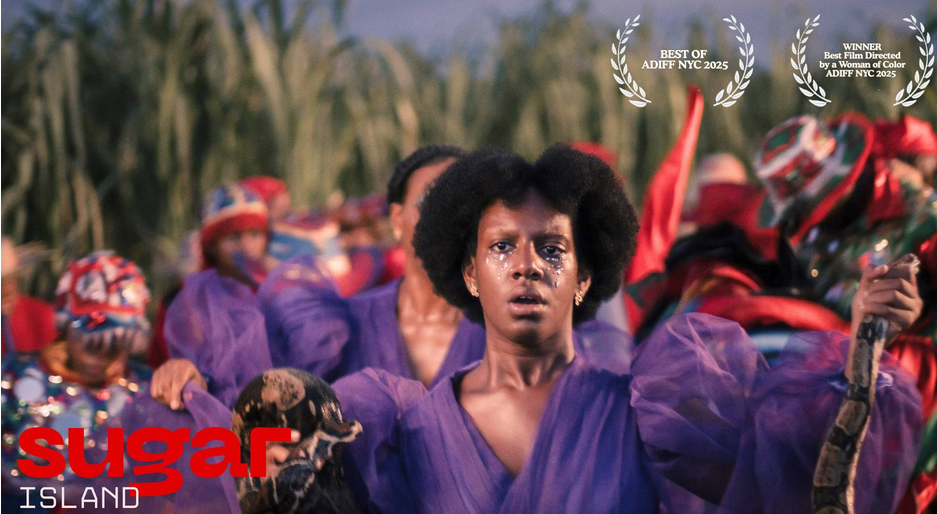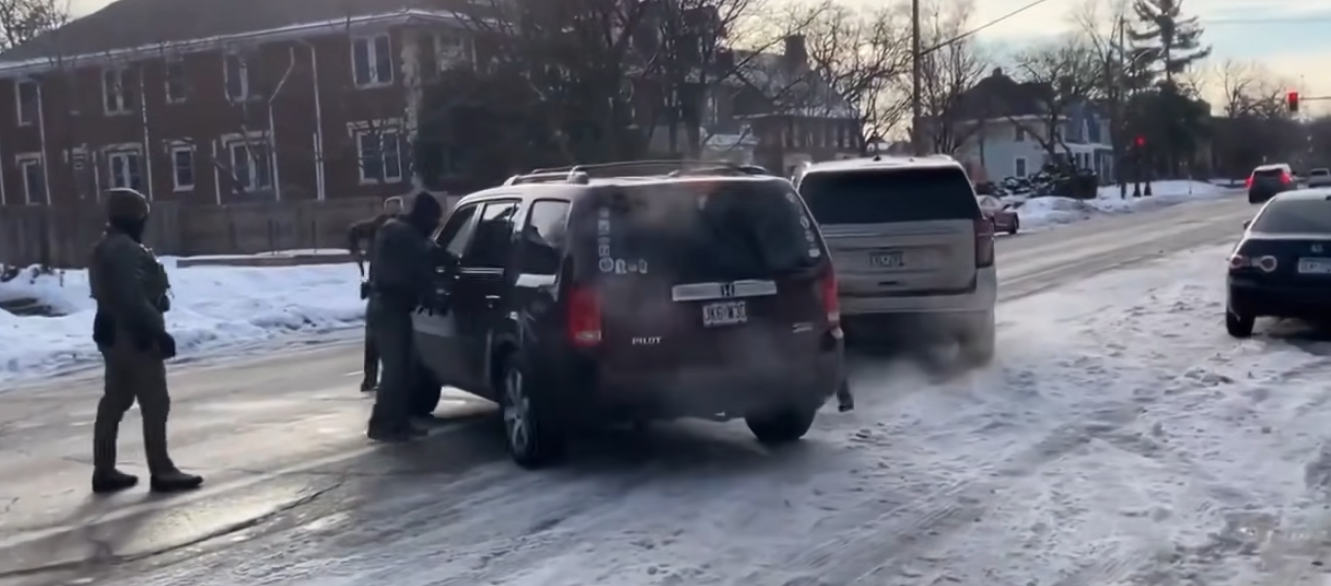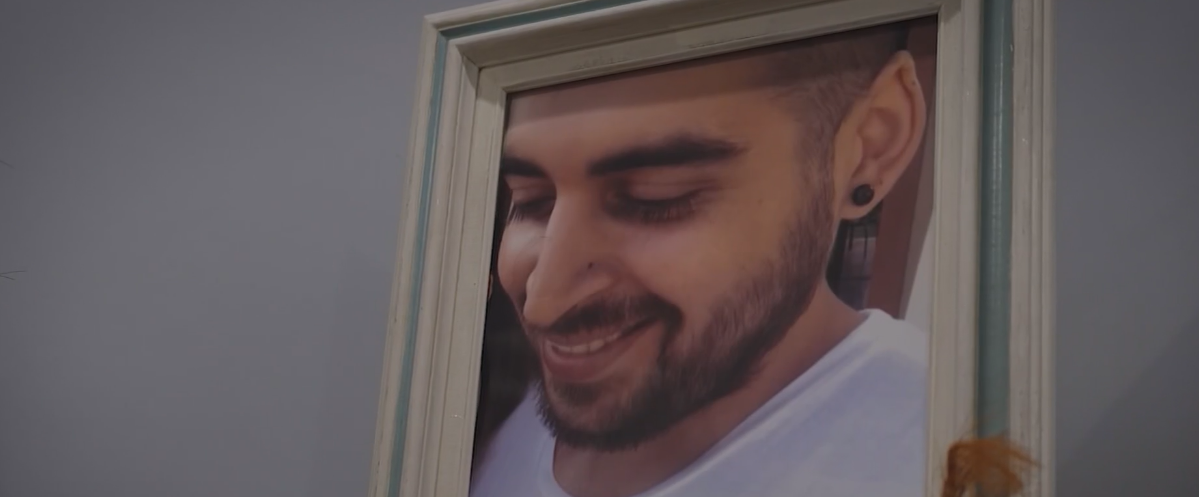[New York News\Lottery]
Bronx Borough President Ruben Diaz Jr.: “Low-income communities generate much of the lottery’s revenue but they don’t receive benefits proportionate to their patronage of the system. That money should be spent to support low-income students with specific programs in schools that are aimed at the alleviation of poverty in both the short and long terms.”
Photo: Bronx Borough President’s Office
Bronx Borough President Ruben Diaz Jr. has issued a new report outlining a set of recommendations aimed at reforming the New York State Lottery to minimize its adverse effects on low-income communities.
The report, titled “Re-Orienting the Lottery: A Better Lotto for the Poor,” provides four recommendations that aim to prevent the lottery from further disadvantaging the poor and to instead help these communities see the most benefit from the state’s lottery system.
“The lottery has grown exponentially since its establishment and the state regulations overseeing that sector must be adapted to how it exists today. We can’t turn a blind eye to state lotteries targeting low-income and minority communities, and the systems should be changed to help limit the harm that vulnerable people experience because of them,” said Bronx Borough President Ruben Diaz Jr.
The full report can be read at https://on.nyc.gov/330OJF5.
Recommendations discussed in the report include changing the allocation of lottery funds to further support students living in or near poverty, banning check cashers from selling lottery games, requiring the state to collect information about check cashers’ sales of lottery games and educating the public about the benefits of engaging with the traditional banking system.
Nationally, lower-income individuals are more likely to play the lottery than higher-income individuals, with some statistics finding that 28 percent of individuals earning under $30,000 per year play the lottery at least weekly as compared with 18 percent of those earning over $75,000. Additionally, low-income individuals spend a disproportionate proportion of their incomes on the lottery.
“Low-income communities generate much of the lottery’s revenue but they don’t receive benefits proportionate to their patronage of the system,” said Bronx Borough President Ruben Diaz Jr. “That money should be spent to support low-income students with specific programs in schools that are aimed at the alleviation of poverty in both the short and long terms.”







